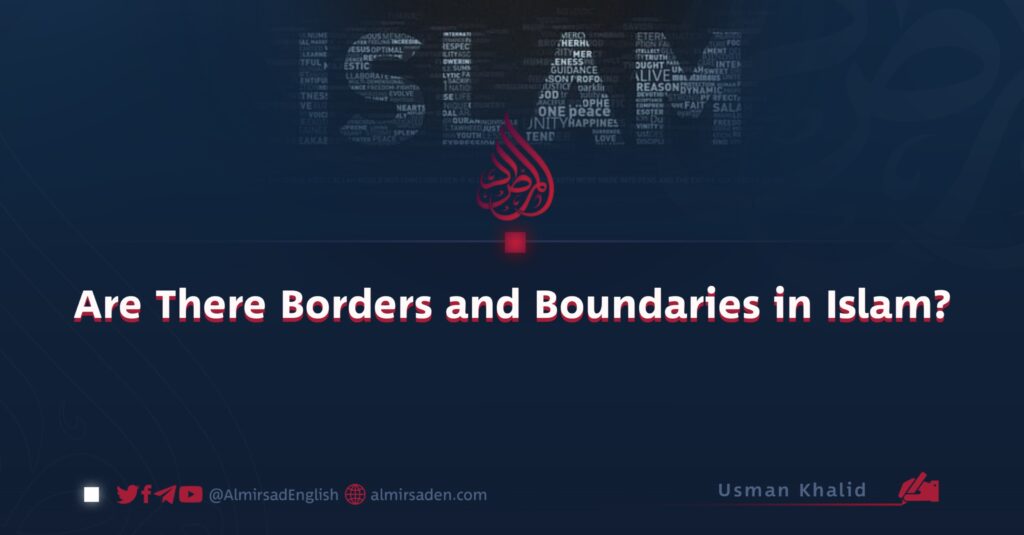Author: Usman Khalid
This is a question that many may instinctively answer with a negative response, as the widely propagated concept is that Islam does not recognize borders. It is believed that accepting and endorsing borders contradicts Islamic teachings.
Presently, this issue is further exacerbated by modern Kharijites (ISIS), who advocate for the idea that the Islamic Emirate of Afghanistan (IEA) has displayed commitment to the CBSQ (Conference on Boundaries and Sovereignty) laws and agreements regarding borders. They have even labeled Dr. Ayman al-Zawahiri, the former leader of Al-Qaeda, as a disbeliever for acknowledging the border between Iraq and Syria, alleging that he accepted CBSQ laws.
However, these ignorant takfiris, unaware of the teachings of the Prophet Muhammad (peace be upon him), do not know that there is a natural boundary between Dar al-Islam (the Land of Islam) and Dar al-Harb (the Land of War). This boundary is referenced in the Qur’an in Surah An-Nisa, verse 97. From this verse, scholars have deduced the existence of Dar al-Islam and Dar al-Harb, and jurists have extensively clarified and defined these terms.
The primary distinction between Dar al-Islam and Dar al-Harb that jurists have identified is the enforcement or non-enforcement of Islamic laws (Shari’ah). This is also the consensus of the majority of scholars. In the Hanafi school of thought, the authoritative view, based on the opinions of the Sahaba (Companions of the Prophet), is that this distinction—whether Islamic laws are enforced or not—defines the difference between the two.
Although Ibn Taymiyyah (may Allah have mercy on him) issued a fatwa concerning Mardin, declaring it as Dar al-Muslimeen (the Land of Muslims), this is considered his personal opinion and does not serve as binding evidence for others.
In any case, we proudly affirm that we recognize the natural boundary between Dar al-Islam and Dar al-Harb. Afghanistan is now considered Dar al-Islam because Shari’ah law, including the enforcement of Hudood and Qisas, is implemented here.
